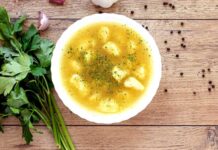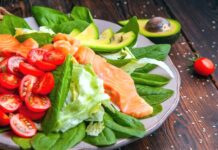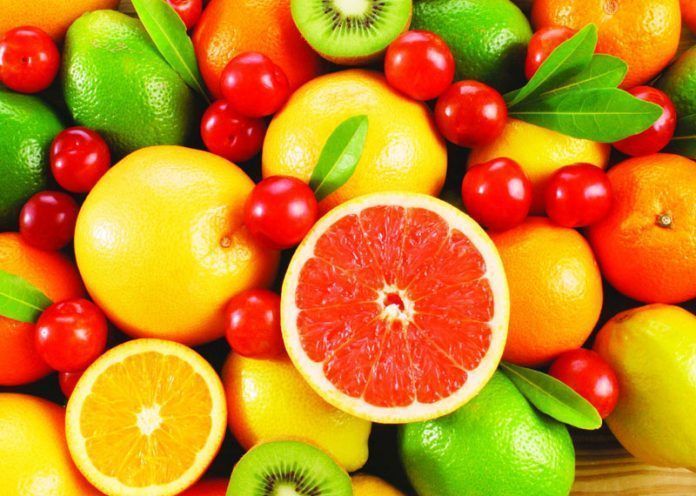Affiliate Disclaimer
Some links in this article are affiliate links. We may earn a small commission if you make a purchase through these links, at no extra cost to you. We only recommend products we find useful to our readersA lot of the information that we get on the internet relating to crohn’s disease may be often misleading. Specific information may not be available on the subject, as there is no written dietary rule available. However studies have shown us that certain changes made in your daily eating routine may have therapeutic effect on the suffering system. If discipline is maintained in the long run, the re-occurrence of the disease could be prevented. We take a scientific sneak peak into the changes that you may make to your diet. Read on about the treatment of crohn’s disease through diet.
Crohn’s Disease and Diet
Diet may not be among the direct causes of Crohn’s disease, although it could be used as an essential weapon in subduing the symptoms and preventing the disease from reappearing.
You may take up temporary eating patterns, preferably prescribed by physicians. You may want to avoid any short chained carbohydrates, which when improperly digested tend to accumulate in the lower part of the large intestine. Excluding these foods from your diet may prove to be highly beneficial in suppressing the symptoms of Crohn’s disease. It may be, up to certain extend, a trial and miss method, before you may settle down for a fixed routine.
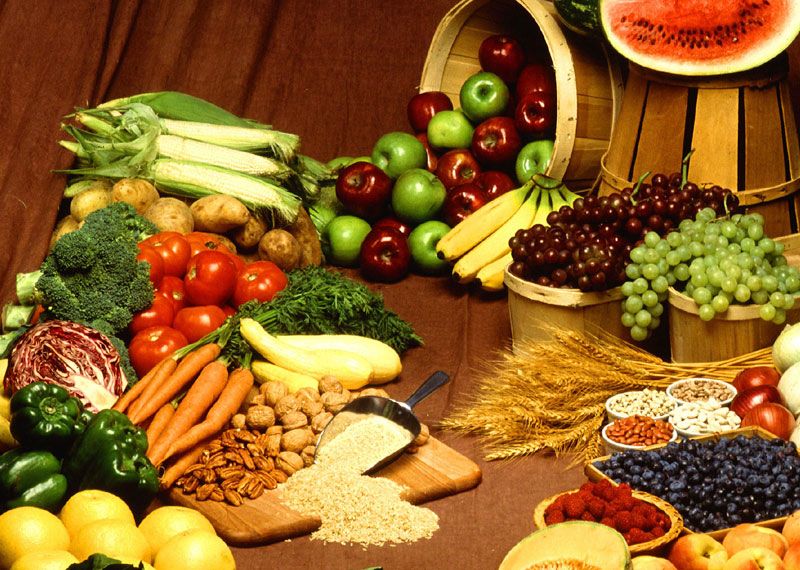
You are always advised to follow a balance diet, rather than adapting the extremes. You may not cut out on animal based food products which are rich in iron, especially the ones rich in heam-iron. Fat is not as much hurting for crohn’s disease, as is carbohydrates.
Adequate vitamin D levels are imperative for treating Crohn’s disease, as well as for maintaining overall intestinal health. Some one deficient in vitamin D, may want to take supplements. Consulting a physician is always the correct way to proceed in case of supplements.
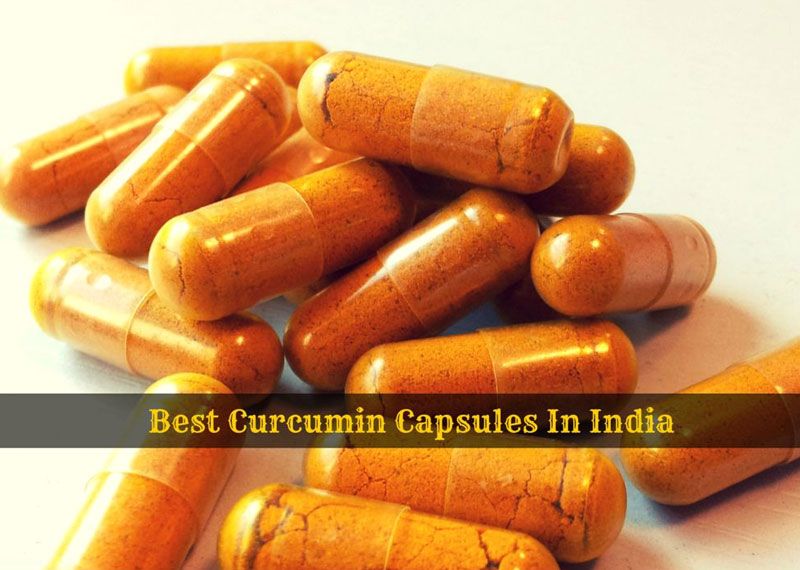
A potent dose of curcumin may just be the last option available at hand, atleast to alleviate the symptoms somewhat. It is a naturally organic substance, orangish in colour which is extracted from turmeric.
A more practical advice, like a diet plan, may be almost impossible to come by, from some one other than a doctor by profession. There are a number of gastrointestinal diseases for which medical science has not yet found a concrete answer. Moreover what works for one, may not work for the other. That is just how some things go.
By Abhro

























